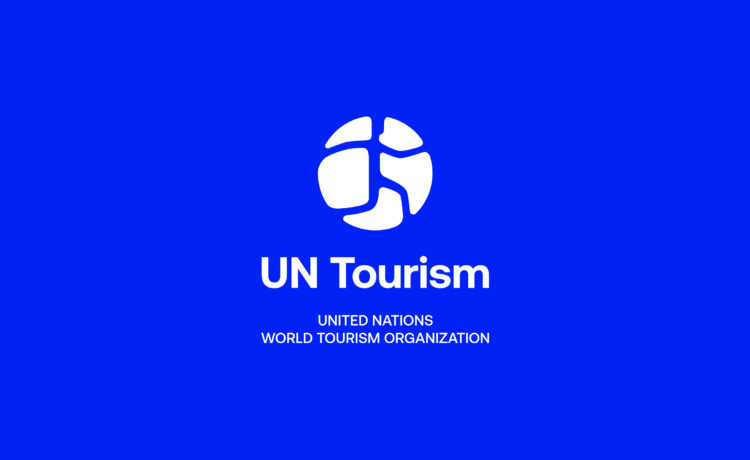Recently updated on March 15th, 2024 at 09:19 pm
The World Tourism Organization (UNWTO) enters a new era today with a new name and brand: UN Tourism. With this new brand, the Organization reaffirms its status as the United Nations specialized agency for tourism and the global leader of tourism for development, driving social and economic change to ensure that “people and planet” are always center stage.
To achieve this goal, UN Tourism engaged the services of Interbrand, the leading global branding agency. Interbrand successfully translated the Organization’s renewed vision for tourism into a new visual identity and brand narrative.
This involved renaming the Organization, transitioning from UNWTO to UN Tourism. At the same time, a new brand narrative was meticulously crafted, one that seamlessly aligns with UN Tourism’s central mission and priorities. This narrative pivots around three main messages: the UN as a global altruistic organization, the notion of connecting humans around the world, and the concept of proactivity and movement.
By moving away from acronyms, UN Tourism adopts a more approachable stance and capitalizes on its strengths: the “UN”, signifying authority, and tourism, a simple and relatable concept for all. This change has been endorsed by the Organization’s membership, highlighting its united support for the profound transformation and reinvention of UN Tourism in recent years, as it has become more agile, visible, and ever closer to its Member States, partners and the sector as a whole.
With 160 Member States and hundreds of private sector affiliates, UN Tourism has its headquarters in Madrid, Spain, and Regional Offices in Nara (Japan) covering Asia & Pacific, Riyadh (Saudi Arabia) for the Middle East, as well as forthcoming Regional Offices for the Americas (Rio de Janeiro, Brazil) and Africa (Morocco). Its priorities center on promoting tourism for sustainable development in line with the UN’s 2030 Agenda for Sustainable Development and its 17 Global Goals. UN Tourism promotes quality education, supports decent jobs in the sector, identifies talent and drives innovation and accelerates tourism climate action and sustainability with:
- Member States – both as recipients of its services, assistance and as active stakeholders in the Organization’s Programme of Work.
- Individuals – specifically travellers and local communities whose lives flourish through the empowerment of the economy through tourism.
- Private, semi-private, and public organizations – all engaging with UN Tourism’s work, including its data and insights, events and products.
Zurab Pololikashvili, Secretary-General of UN Tourism, said: “As society progresses, the tourism sector, much like many other sectors, needs to transform to serve as a catalyst for prosperity at a universal scale. Enhancing the well-being of individuals, safeguarding the natural environment, stimulating economic advancement, and fostering international harmony are key goals that are the fundamental essence of UN Tourism. The organization takes on the role of driving a sustainable force that is now central to many economies.”











